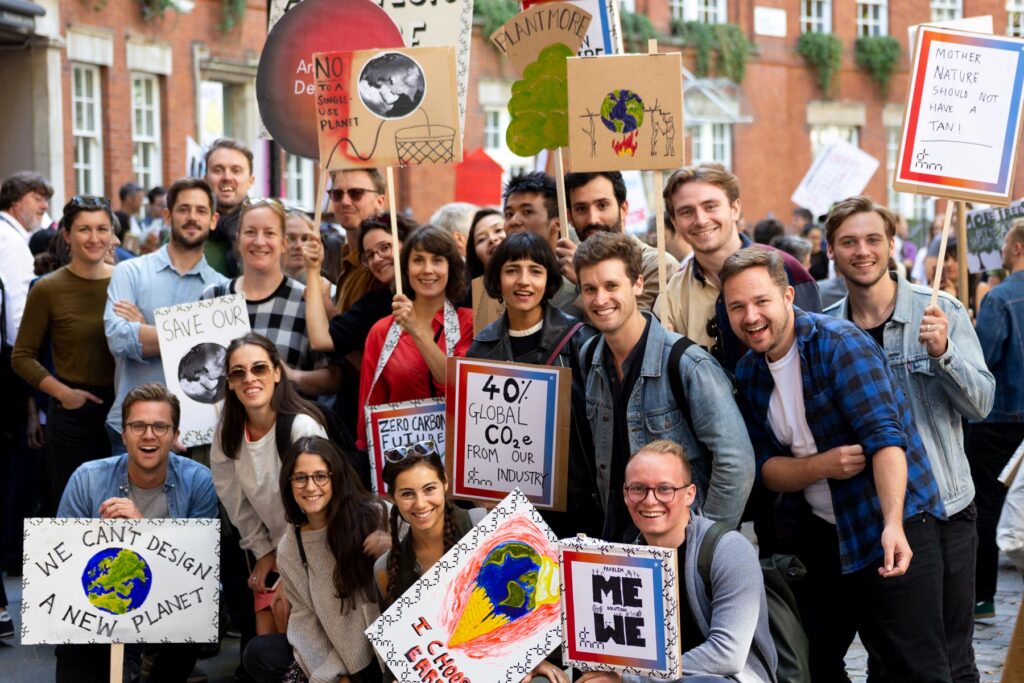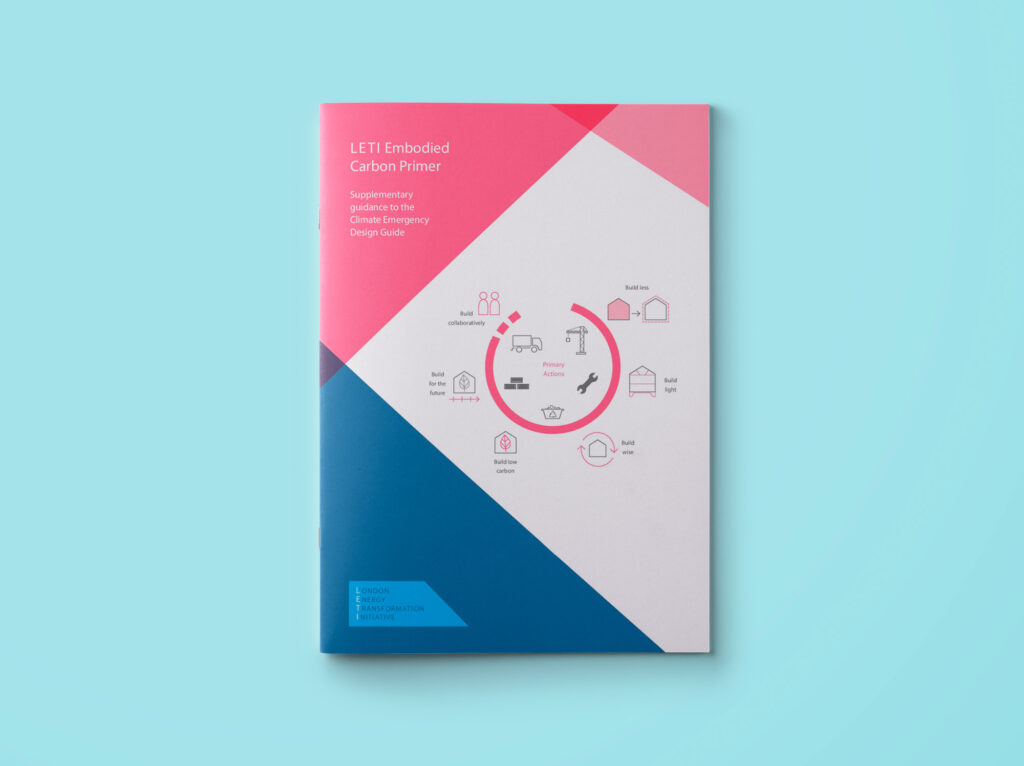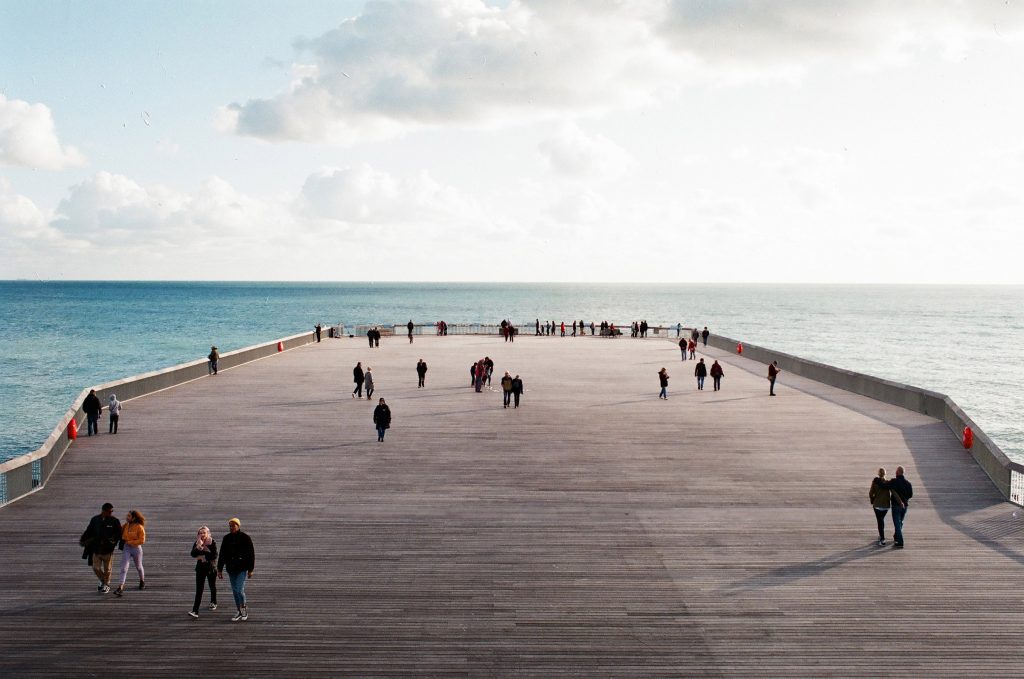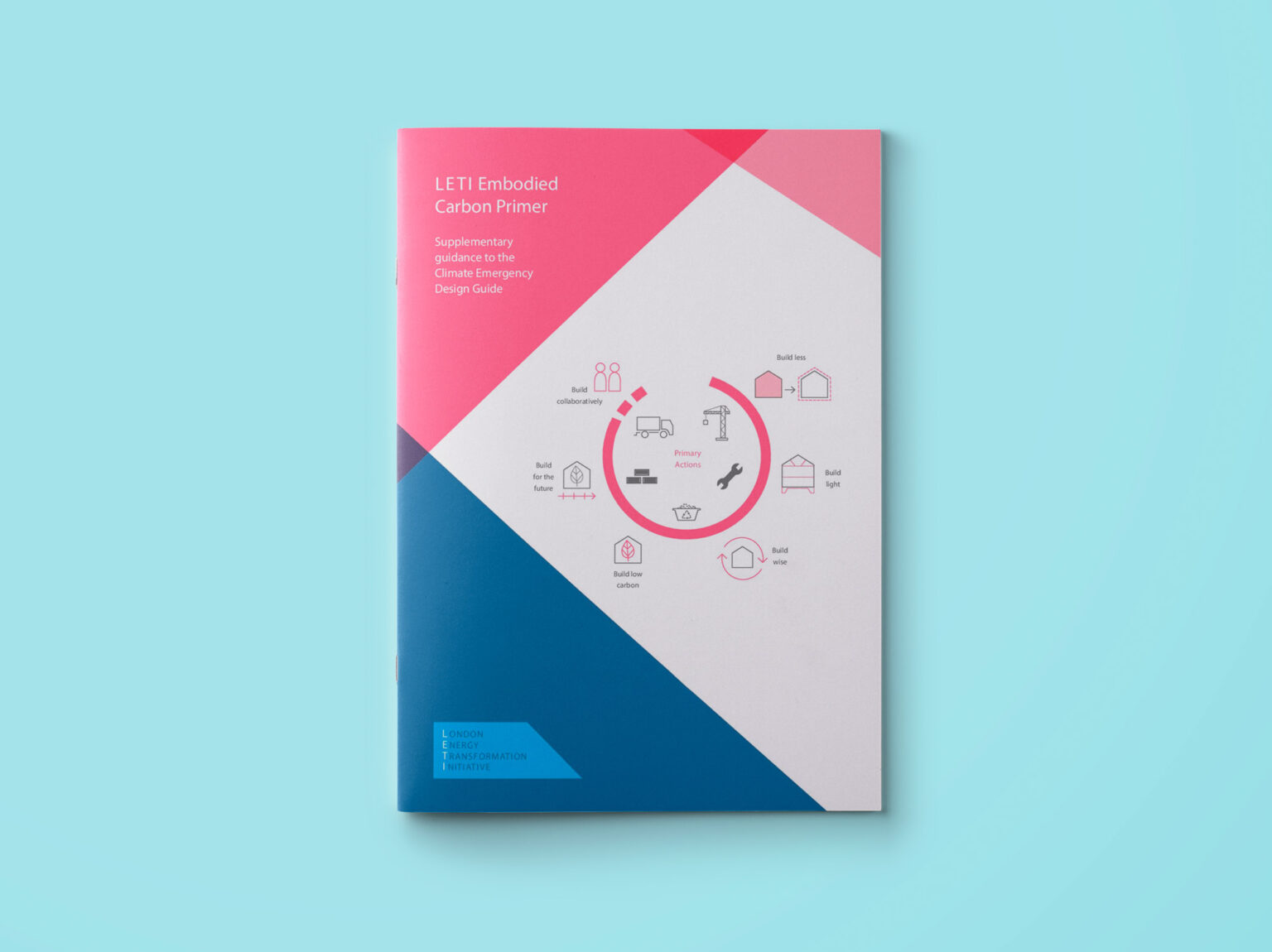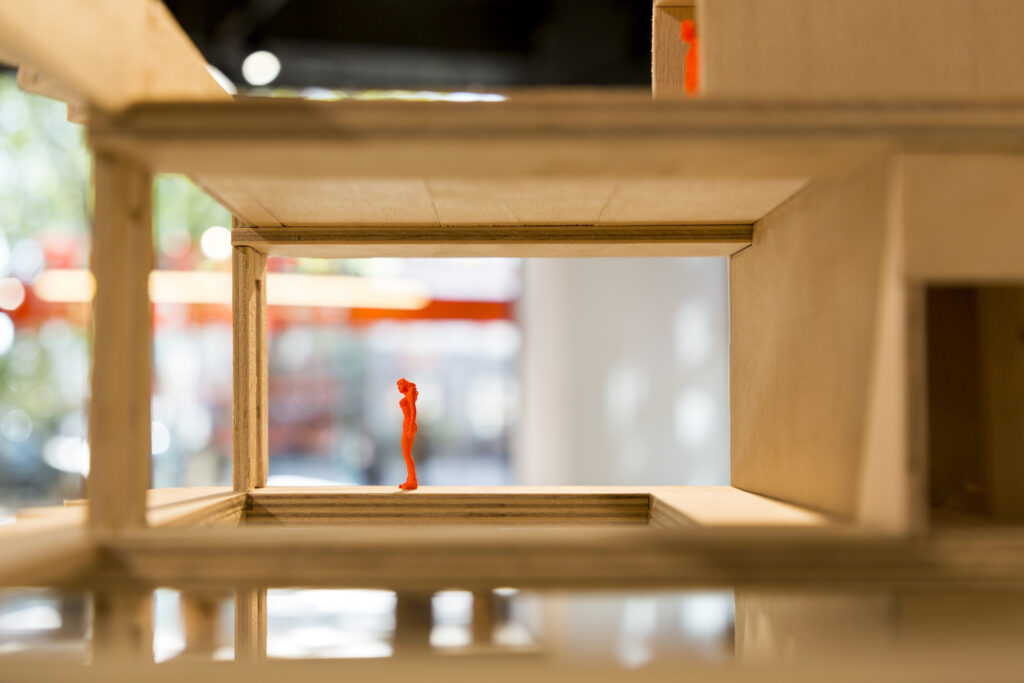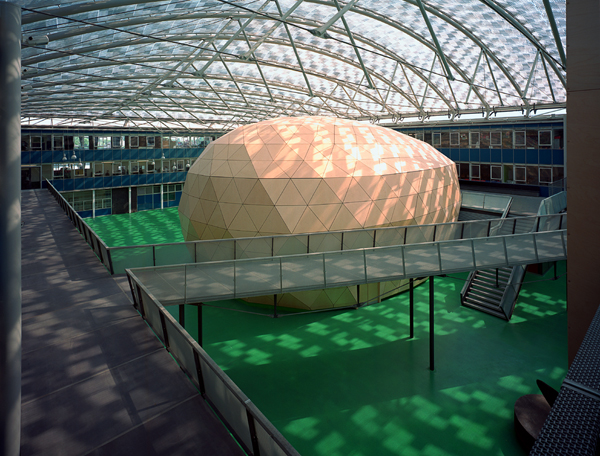The same attitude rings true during discussions on climate action. Focus predominantly lies with grafting solutions onto systems we are not ready to change. The discussion on swapping out concrete for more sustainable materials illustrates this attitude perfectly. It is certainly a positive and legitimate argument – one that dRMM has been making for twenty years – but it comes a little too late, representing a clear-cut case of missing the wood for the trees.
The problem is bigger. It requires radical change and questioning of old habits, design favourites and default processes. As an industry, we can no longer rely on legislative change to trickle down and eventually reduce the impact of our industry. We need to let go of the construction paradigm we have come to depend on and acknowledge its growing irrelevance.
Our industry contributes 40% of the UK’s CO2, much of it through embodied carbon, and therefore through our designs and the way we make buildings. The current reality was created by us. Constraining positive change through arguments of commercial necessity is no longer an acceptable exercise. Change has to be more than incremental.
Luckily, these challenges coincide with the rise of a new generation of talent – one that is nimble, non-dogmatic, and inclined to seize opportunities that come with change. If the global climate effort has shown us anything, it’s that youth and young adults are completely ready to abandon the status quo. They are not bound to it, because they had little to do with creating it. Their generation is enormously adaptable to change, and they have rightfully asserted themselves as leaders against this environmental catastrophe.
dRMM’s studio has always encouraged young talent to impact design, influence debate, and challenge preconceptions. We provide a space for collaboration and problem-solving, void of taboos and embracing of debate as fertile ground for innovation. In this same spirit, we have fostered a studio environment that doubles as a platform for climate advocacy.
